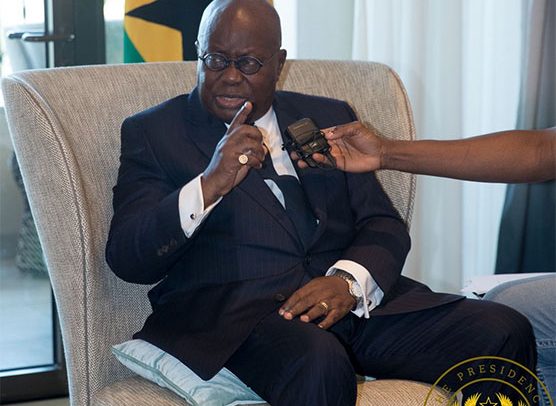President Nana Addo Dankwa Akufo-Addo has signed into law the three new tax bills passed by Parliament.
Information Minister, Kojo Oppong Nkrumah on April 16 madd the revelation.
He stated that the document has since been given to the Clerk of Parliament for the rest of the administrative processes to kick in.
The three new taxes are the Excise Duty Amendment Bill 2022, the Growth and Sustainability Levy Bill, 2022, and the Income Tax Amendment Bill 2022.
The Majority in Parliament said the measures formed part of moves to raise GH¢4 billion annually in revenue.
On April 1, the lawmakers voted 136 – 137 majority decision to approve Income Tax Amendment Bill, Excise Duty Amendment Bill, and Growth and Sustainability Amendment Bill.
The government also says the bills are essential to its quest to secure the $3billion bailout it is seeking from the International Monetary Fund (IMF).
As part of the measures to meet the criteria set by the IMF to qualify for a bailout, the government has also completed tariff adjustment by the Public Utilities Regulatory Commission (PURC), Publication of the Auditor-General’s Report on COVID-19 spending, and Onboarding of Ghana Education Trust Fund (GETFund), District Assemblies Common Fund (DACF) and Road Fund on Ghana integrated financial management information system (GIFMIS).
However, the Ghana Union of Traders Association (GUTA) has expressed disappointment with Parliament’s approval of the three revenue tax bills and even called on the president not to assent to the bills.
GUTA President Dr. Joseph Obeng bemoaned the implications of the taxes approval and said it will affect the rate of tax compliance by businesses because it will be a discouraging act to honour.
He said Ghanaian businesses are particularly not competitive in the West African Sub-Region due to the high taxes that they have to pay.
“Businesses are not competitive in the subregion and that is why some of us have to go and buy goods from Togo, so additional taxes will really affect our trade. It is going to make us pay a multiplicity of taxes and that is why we called it an obnoxious tax system.”
By Vincent Kubi


